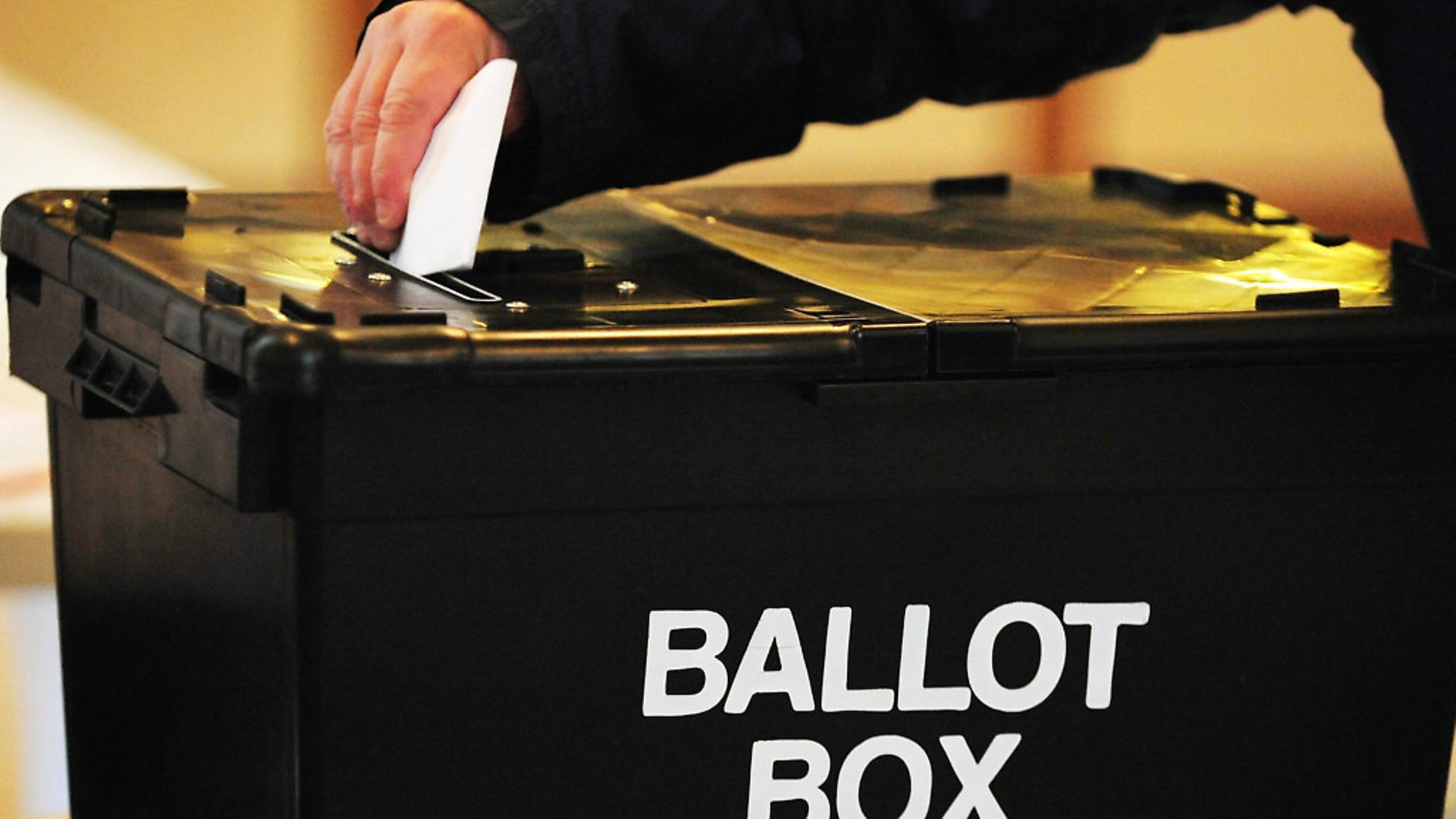
Results from the local elections in England show a surge in support for independent councillors.
By Friday evening, with seven councils still to declare, 1,009 candidates who stood as an independent or for minor parties had been elected, 236 more than before polling day.
Many of these ‘other’ candidates represent so-called ‘hyperlocal’ parties, which operate in only one council or ward.
They typically campaign on local issues only and have no connection to a national policy agenda, unlike the major parties.
Independent councillors have overall control of three councils, including Ashfield District Council and North Kesteven Council, and have become the second largest grouping on Nottingham City Council.
On Ashfield Council, near Mansfield, the Ashfield Independents won 30 out of 35 seats.
Of the 18 councillors elected to the West Lancashire Council, four represented Our West Lancashire (OWL), a hyperlocal party.
In Wigan, candidates from the Independent Network and Bryn Independents won three seats.
Sefton Council, a Labour stronghold, saw two candidates elected from the Formby Residents Action Group (FRAG).
Jack Hunter, a research fellow at the IPPR think tank, said the rise of independents could not be explained entirely by voter disaffection with the major parties in Westminster.
He told the Press Association: ‘The big increase in successful independent candidates will probably be written up as a further indication of voters’ dissatisfaction with the two main political parties,’ he said.
‘But this is only part of the story. Many independent candidates were likely to be elected not because they represented an anti-establishment ticket but because they are well-known and respected local individuals who were able to play on people’s emotional ties to their local area.’
‘While the media has been quick to frame the election results as a proxy battle for Westminster issues, it’s easy to forget that local issues and local personalities can dictate the result of individual ballots, just as much as attitudes to wider national issues like Brexit.’
The Electoral Reform Society, which is campaigning for a change to the UK’s voting system, said the swing away from Labour and the Conservatives was ‘larger than expected’.
‘Despite smaller parties and independents breaking through in many places, England’s ‘out-dated’ First Past the Post system meant results in many areas were disproportionate – allowing the two main parties to win large majorities with increasingly smaller percentages of the popular vote,’ it said.
Warning: Illegal string offset 'link_id' in /mnt/storage/stage/www/wp-includes/bookmark.php on line 357
Notice: Trying to get property 'link_id' of non-object in /mnt/storage/stage/www/wp-includes/bookmark.php on line 37






